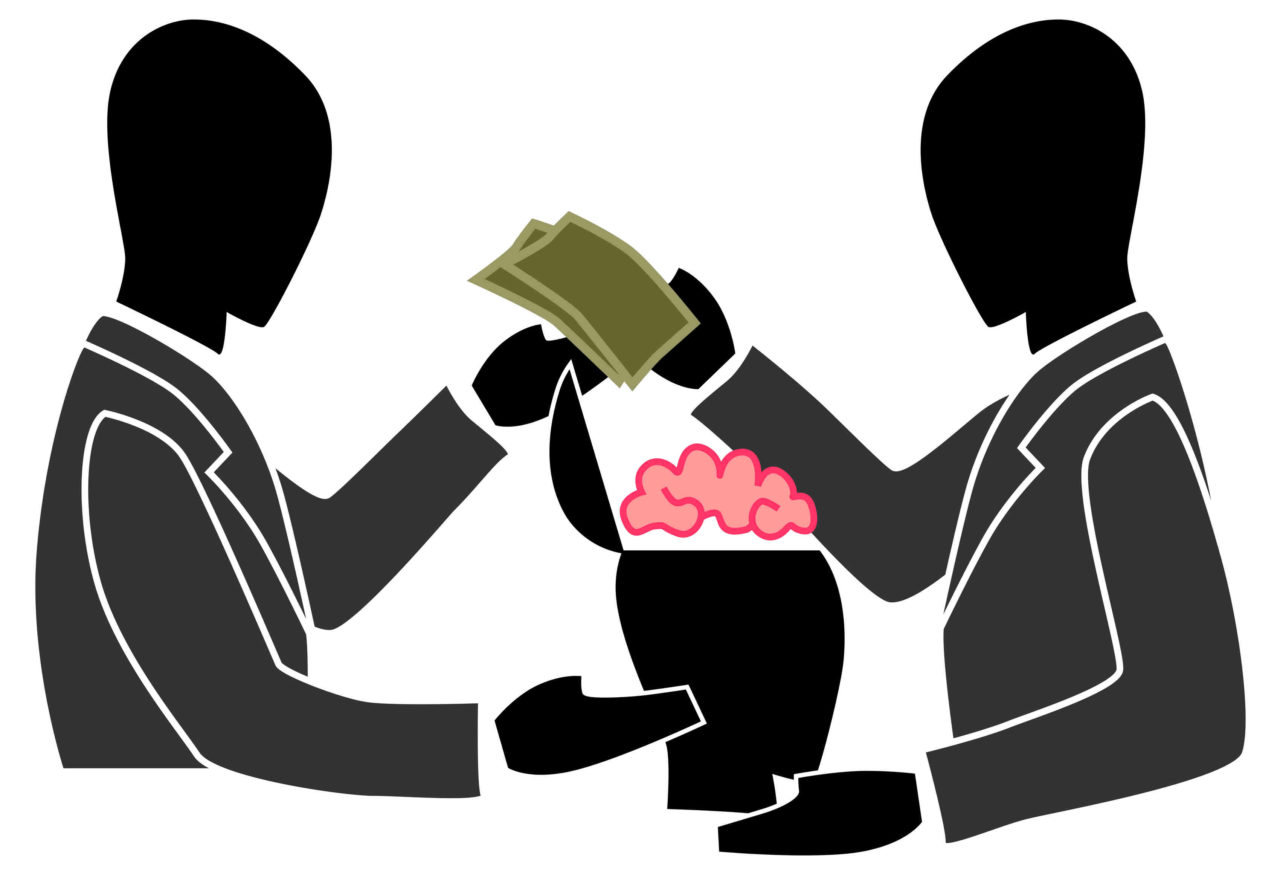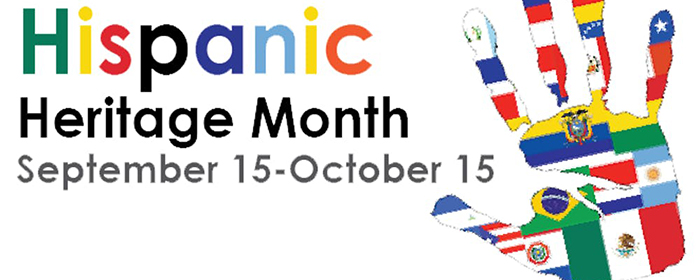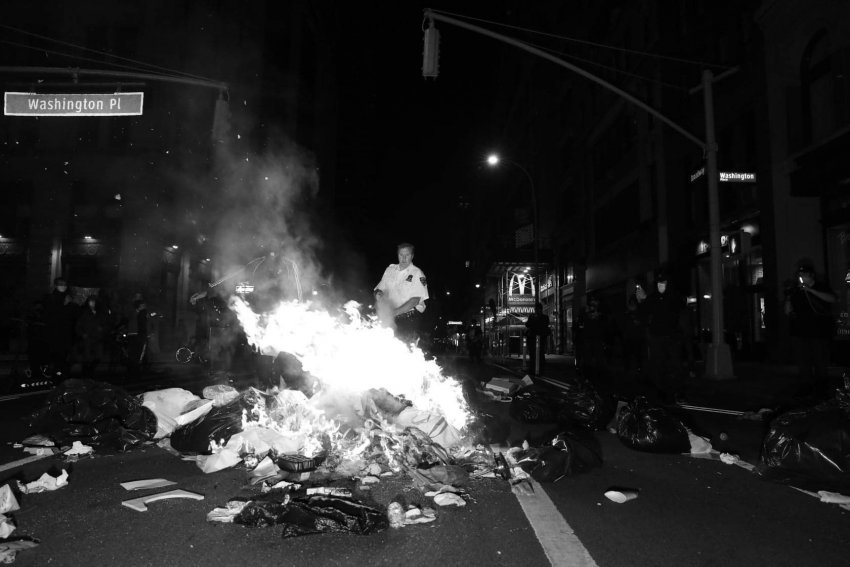By Vera Arestakesyan
Rita Sarkar, living in New Delhi, told her husband of her abdominal pain and had an appendectomy (removal of the appendix), two years ago. Ever since her surgery, husband Biswajit Sarkar, treated her oddly and unpleasantly, warning her not to tell anyone of the surgery.
A few months ago, she found out that her right kidney was missing, and her left one infected.
Her husband had sold it to get the money his family, and himself, needed for her dowry since he thought his wife’s family didn’t pay enough.
Organ trade and trafficking are becoming more common. Statistics from the United Network for Organ Sharing (UNOS) show that around 20 people die while waiting for an organ transplant daily in the U.S. Hence, they resort to illegal means. Most patients come from the richer countries including the United States and Japan. Around 8 percent of organ transplants performed worldwide are illegal.
It might be the result of coercion, exploitation, or false money proposals. However, it is causing major problems.
Organ trade is the buying and selling of organs which are intended to be used for transplantation. It mostly affects the needy, and benefits the high-class.
Most times, this is because the wealthy promise large sums of money in exchange for an organ — which, they often do not pay.
The poorer victims who need that money would manifestly agree, and, in return, earn a small amount of money nowhere near what is earned by the trader.
In other cases, disloyal doctors or nurses might claim a patient’s organ, without any sort of consent. The patient will wake up only to find instead of one incision, two — similar to what happened to Rita Sarkar.
Several factors determine who that person would be, including blood type and organ size.
In all cases, the organs are taken to be sold on the black market.
Organ traffickers do, in fact, earn large sums of money, ranging from below $100,000 to above $400,000, by selling to the upper class. This is due to the scarcity of available organs.
The majority of people in need of a transplant are eligible for one, but according to listverse.com only 42 percent of Americans are registered as donors. Increasing that number could be a solution to this grim problem.
In 2000, the federal government passed The Trafficking Victims Protection Act (TVPA), which protects trafficking victims (those forced into labor or sex).
Nevertheless, many abusers have evaded their imprisonment and were declared “innocent.” So if the TVPA could not protect sex trafficking victims, how will any other act protect organ trafficking victims? It will not. They, too, have failed in taking action. And I fear that this is a long-term corruption.







